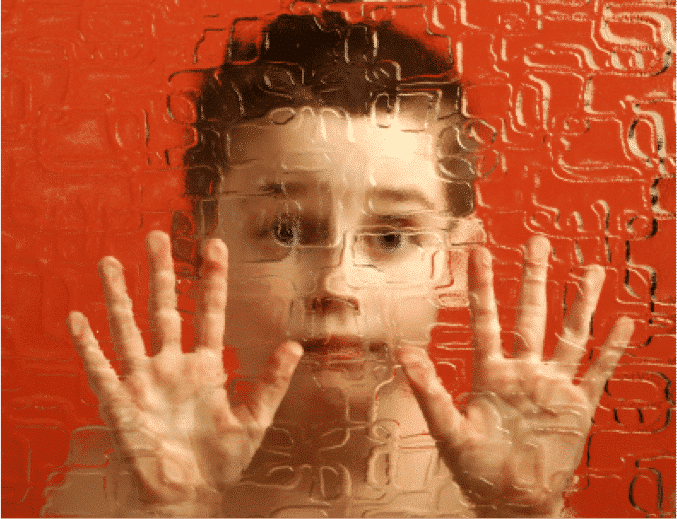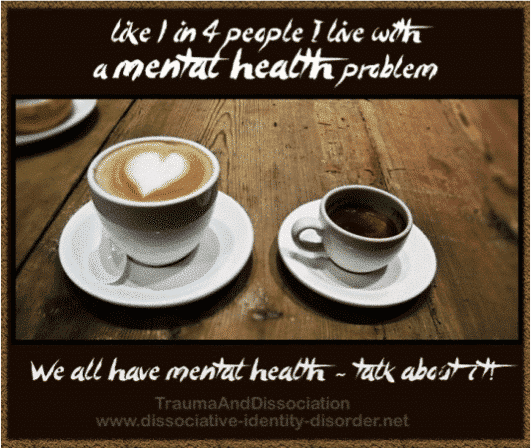
Suffering in silence can be a terrible experience, especially for tweens and teens. It can also make depression and anxiety worse. But sometimes finding help can be difficult. Although social media has its risks, it is also a portal to factual health information and support. Might your child be reaching out online for help?
Social Media and Mental Health
74% of Americans visit social media sites daily. 97% of organizations that promote public health have social media profiles.[1] According to studies, websites with a “mental health focus attracted the highest number of fans.”[2]
Stigma refers to negative and unfair beliefs about something like mental health. Social media is useful to help people overcome stigma by providing education and awareness. Typical public health activities include sharing informational articles, memes (a picture with a message typed on it), videos, and people’s personal stories with the intent of reshaping the way we view health and well-being.
A study was conducted to test a social media mental health awareness campaign on youth.[3] As expected, the results found that the campaign worked. Youth who viewed the campaign had an increased awareness of self-identified depression and suicide risk. They also showed more willingness and a better ability to seek help. Those who share their mental health journeys can also serve as role models for young viewers.[3]

Social Media and Autism
Autistic Spectrum Disorder (ASD) is diagnosed in 1 in 68 American children, and that number is rapidly growing. More than $241 billion is spent each year on services.[1] However, there is still a lot of misunderstanding about ASD.
Facebook group pages like Autism Speaks, Autism Awareness, and AutismTalk are filled with emotional videos, memes, tips for parents, and inspirational stories from families with autistic children. Social media brings people together, provides support for families who deal with ASD, and lets them know that they aren’t alone.
For example, Autism Speak’s Facebook page shared an article about a seventeen-year-old boy with ASD who was his high school’s valedictorian.
Social Media and Public Health
Another issue social media tackles is health and wellness. “Facebook, the most widely used social media platform, has been adopted by public health organizations for health promotion and behavior change campaigns.”[2] Popular public health issues searched include the risks of alcohol use and smoking and the issues of exercise, nutrition, and sexual health.
Shocking and emotional videos tend to get more views and inspire behavior change. For example, a video by the U.S. Food and Drug Administration (FDA) shows a teen who tears off a piece of her skin to pay for her cigarettes.

Discussions to Have with Your Children
While there is an endless amount of information available at the touch of a screen, we must remind kids that they can’t believe everything they see online. Because they have not yet developed the ability to judge the accuracy of information, they can be too gullible.
Here are some things parents can cover with their kids to help them benefit from Internet information rather than be duped by it:
-
- Urge teens to get a second opinion about what they read online, either by researching further or seeking out an adult or expert on the topic. The best option, talk about it around the dinner table.
-
- Assess the credibility (factual nature) of the source.
-
- Remind them that .gov websites are typically more credible than .com websites because they are government-sponsored.
-
- Remind them that Wikipedia is not a credible source, because it is written by anonymous online volunteers.
-
- Use the website Snopes to search out the veracity of an online claim.

I’m the mom psychologist who will help you GetKidsInternetSafe.
Onward to More Awesome Parenting,
Tracy S. Bennett, Ph.D.
Mom, Clinical Psychologist, CSUCI Adjunct Faculty
GetKidsInternetSafe.com
Photo Credits
Autism, CC BY-SA 2.0
Wiki Ad Mental Health Stigma Lets Talk, CC BY-ND 2.0
Happy, CC BY-NC 2.0
Works Cited
1 -Bail, C. (2016). Emotional feedback and the viral spread of social media messages about autism spectrum disorders. American Journal of Public Health, 106(7), 1173.
2 -Kite, J. , Foley, B. , Grunseit, A. , & Freeman, B. (2016). Please like me: Facebook and public health communication. PloS One, 11(9), e0162765
3 -Wright, A. , McGorry, P. , Harris, M. , Jorm, A. , & Pennell, K. (2006). Development and evaluation of a youth mental health community awareness campaign – the compass strategy. BMC Public Health, 6, 215.
